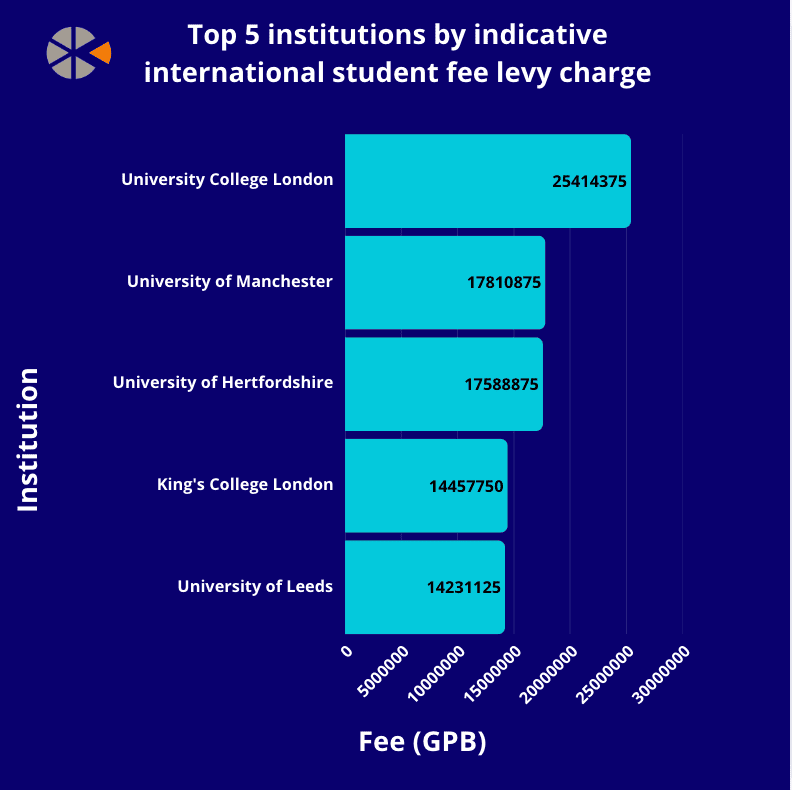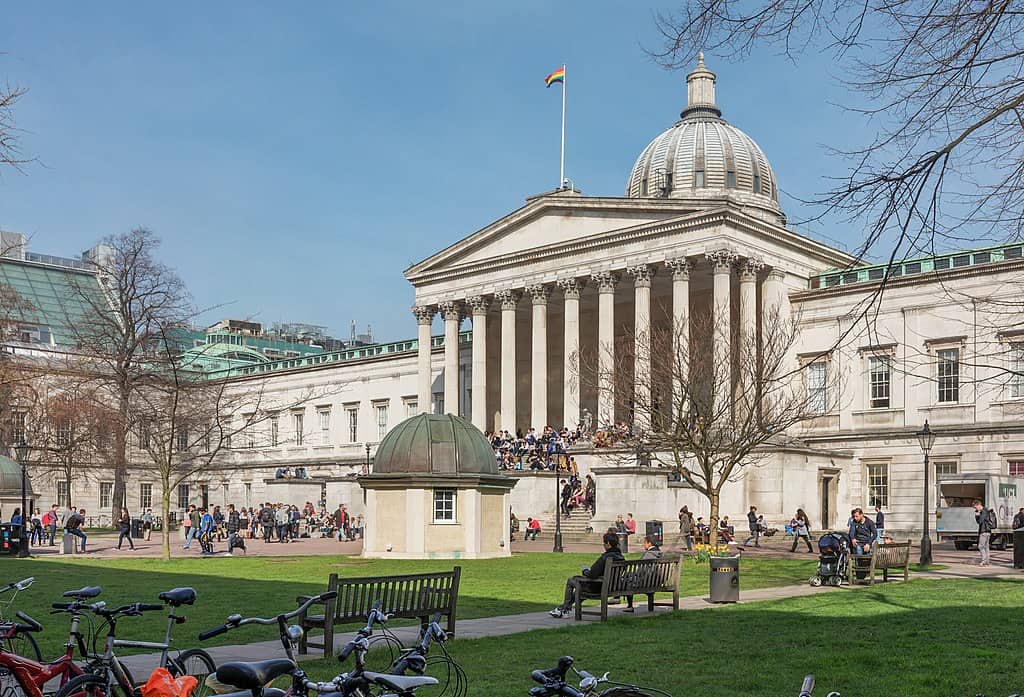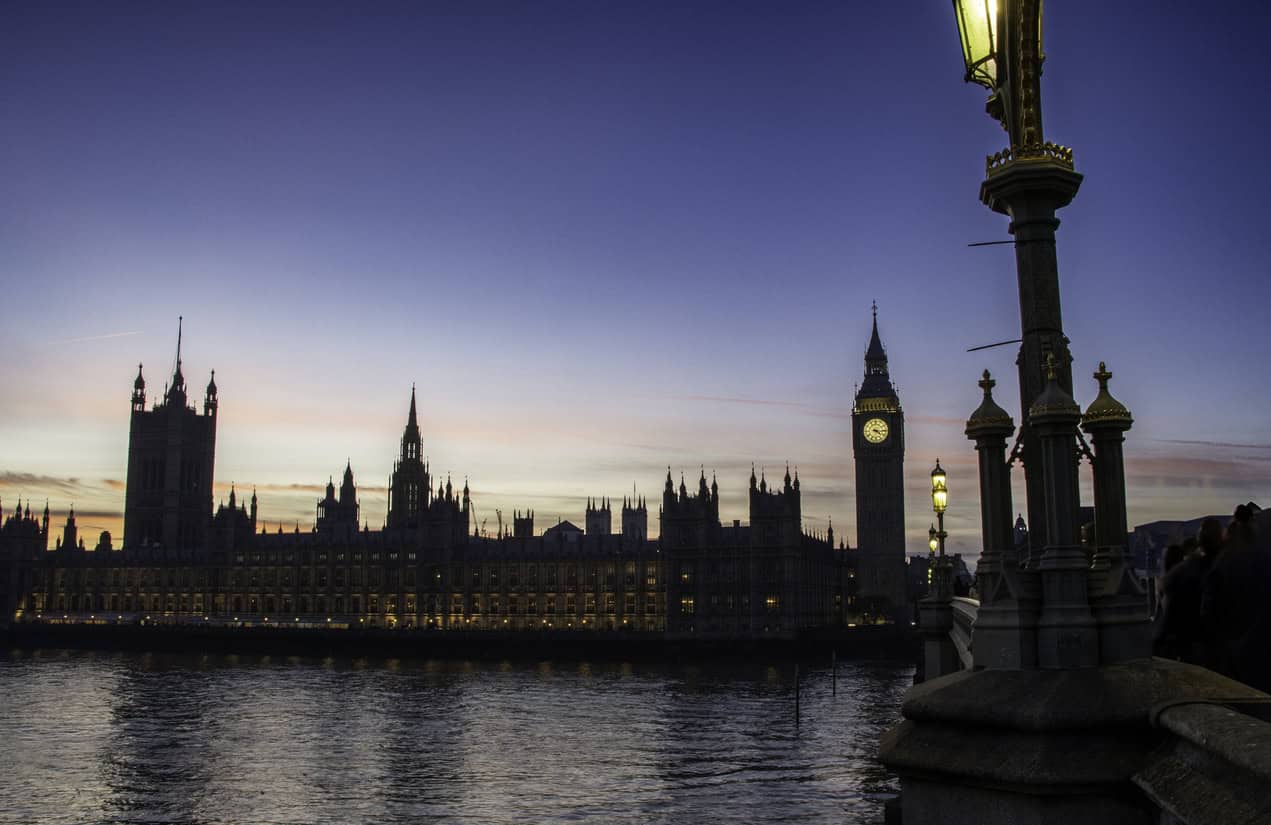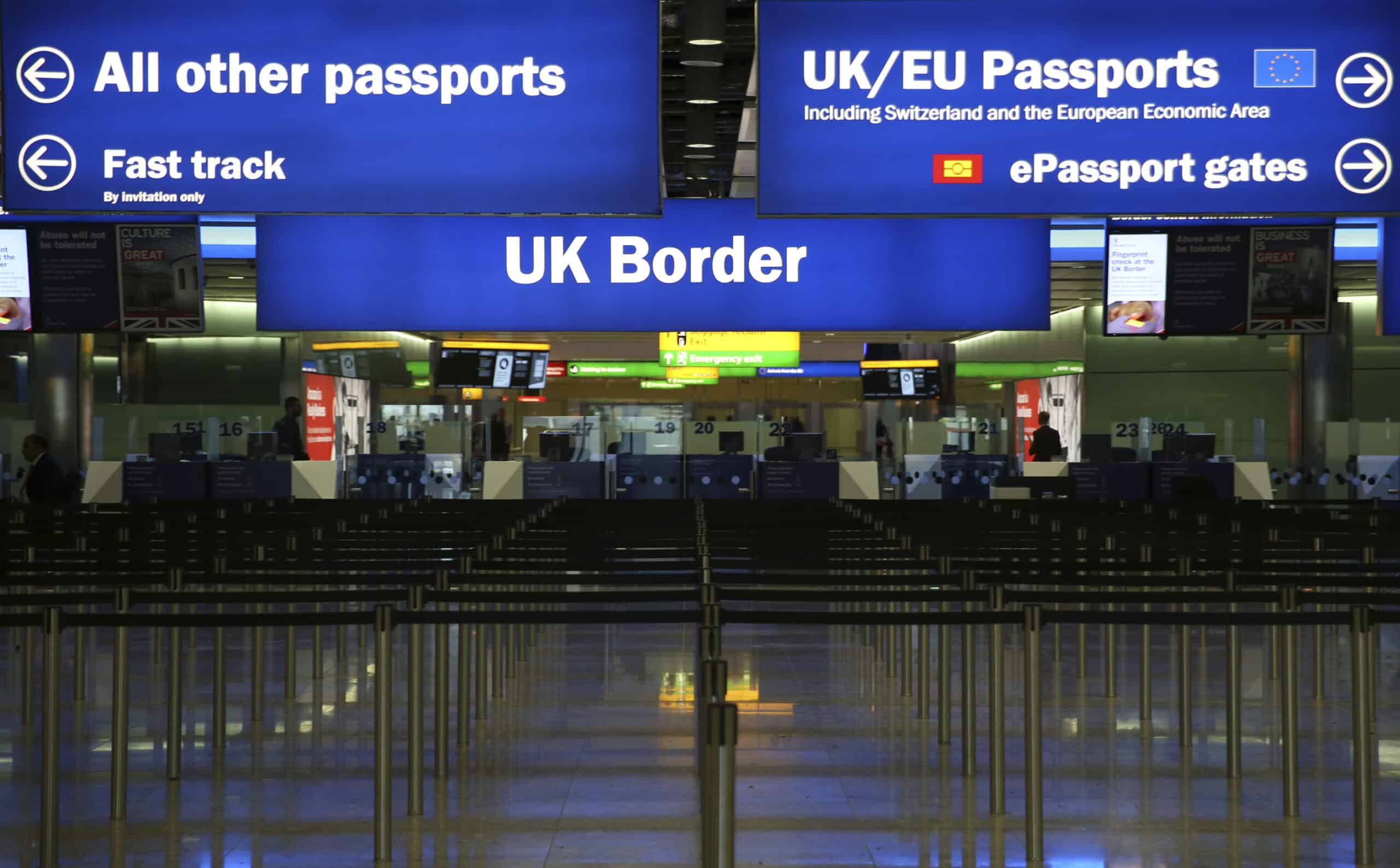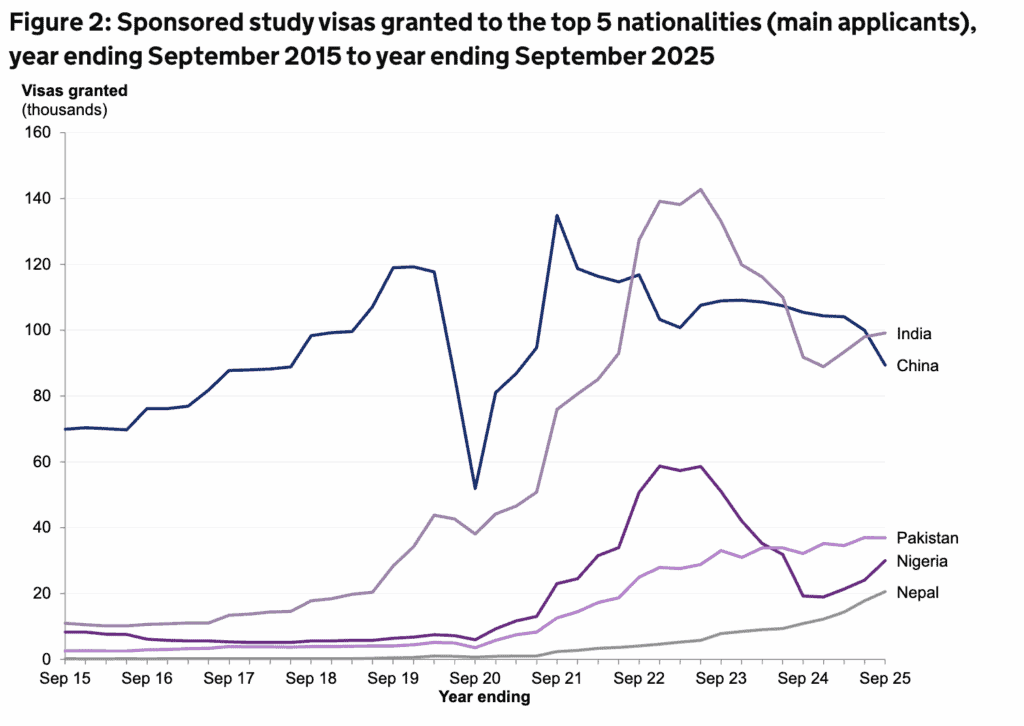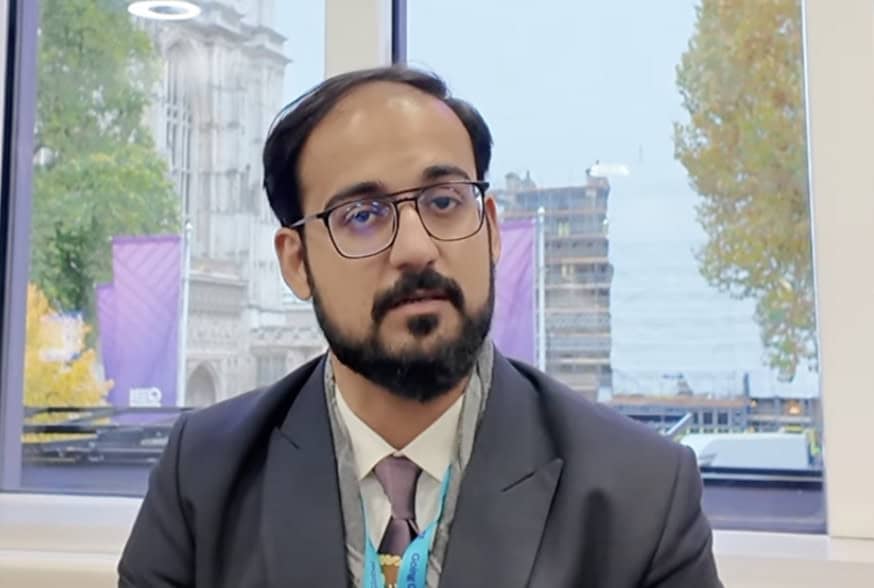While more details are expected at the University of Liverpool India’s launch event in Bangalore on December 15, the campus in the integrated township — which includes residential, commercial, and institutional facilities — will feature “flexible spaces”, according to the university.
The campus will have smart classrooms, research and collaborative spaces, specialised labs, and comprehensive co-working hubs for faculty, students, and entrepreneurs, offering a “state-of-the-art, 360-degree learning environment” for its inaugural cohort, set to begin in August 2026.
“We are looking forward to welcoming our inaugural cohort of talented students in 2026 and providing them with an exceptional learning experience that strengthens their skills and employability,” said Lucy Everest, chief operating officer, University of Liverpool.
She visited Bangalore and Mumbai this week to meet educators, potential applicants, and alumni as the university plans to grow the campus to 5,000 students in five years and 10,000 in 10.
“Alembic City is the perfect place to realise this vision and our new campus will provide our students with the very best facilities to support their learning journey with us.”
By the time we open next summer, we’ll have developed relationships with a wide range of businesses and social enterprises in Bangalore, which will be really important for students
Tim Jones, University of Liverpool
The university has also opened admissions for 2026, offering postgraduate programs in accounting and finance and computer science, alongside undergraduate courses in business management, biomedical sciences, computer science, accounting and finance, and a game design program — “which combines the university’s music and computer science departments, something not many other UK campuses are offering in India”, according to vice-chancellor, Tim Jones.
“What we will ensure is that there’s a ‘Liverpool feel’ to the campus. Students who come to the University of Liverpool, Bangalore, should experience the distinctive elements of Liverpool,” Jones told The PIE News.
“There will be unique features in the design that I hope students will really appreciate.”
For Jones — who was part of the 126-member UK delegation to India led by Prime Minister Keir Starmer, which included entrepreneurs, cultural figures and university leaders following the landmark trade deal between the two countries — Bangalore was a natural choice for the new campus for a range of reasons.
The city, a major IT hub with leading Indian and multinational tech and biotech firms, is familiar ground for the red-brick Russell Group university, which has a long-standing, research partnership with the National Institute of Mental Health and Neurosciences (NIMHANS) and ongoing collaborations with the Indian Institute of Science (IISc) in Bangalore. Both institutions also happen to have two of the world’s oldest and most prominent biochemistry departments.
Moreover, one of the University of Liverpool’s biggest corporate partners is Unilever, which has an R&D centre in Bangalore, with pharmaceutical companies such as AstraZeneca and IT firms like Wipro also expected to play a role in research, innovation and industry collaboration through the India campus.
“We did explore other cities, but it was quite easy for us to pick Bangalore because we had already begun building strong relationships in the city and the wider Karnataka region,” stated Jones, who praised the city’s tech-entrepreneurial culture and the opportunities it offers for a university to “engage, collaborate and grow”.
“By the time we open next summer, we’ll have developed relationships with a wide range of businesses and social enterprises in Bangalore, which will be really important for students. This is a big focus for us this year — we have already started, and we’ll be doing much more.”
In the lead-up to the campus opening next year, the University of Liverpool will focus on faculty exchanges between the Liverpool and Bangalore campuses, attracting international students, and expanding scholarship opportunities for its India-based cohort, according to Jones.
But the university — which views global engagement and partnerships as central to its Liverpool 2031 strategy — is not the only UK institution advancing its India campus plans.
Nine UK universities now have approval to establish campuses in the South Asian country, with the University of Southampton leading the pack, already welcoming around 150 students in the first cohort at its Gurugram campus in August this year.
In this landscape, the University of Liverpool aims to distinguish itself from other UK institutions by offering distinctive programs and embedding research from “day one”, drawing on lessons from its only other international branch campus — the Xi’an Jiaotong–Liverpool University (XJTLU) in Suzhou, China — as it shapes its approach in India.
“We have experience from our successful campus in China, which is celebrating its 20th anniversary and has nearly 30,000 students. That experience gives us confidence that we can succeed in India as well,” stated Jones.
“The funding model was also different 20 years ago. But the exchange of staff and students is embedded in what we do in China. I see the same happening with India as the campus develops.”
However, despite the China campus’s success, recent reports suggest it may require stronger oversight amid concerns about teaching methods, class sizes, and students’ English proficiency.
While the rapid push to establish branch campuses in India has also sparked debate about the trend among major UK universities, Jones says he is focused on making Liverpool’s India launch a “big success”.
“It took us 20 years to go from China to India. There will likely be other ventures in the future, but right now, I’m very focused on making this a big success — for the students, for the university, and for India,” stated Jones.
